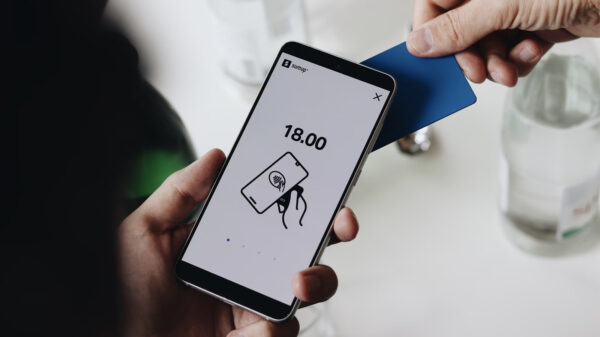FICO, a global analytics software firm, says that COVID-19 has significantly changed the dynamics of shopping in Asia Pacific with e-commerce sales expected to boom, creating a significant opportunity for criminals to target consumers.
“With social distancing rules in place in most countries in Asia Pacific, retailers have been sharpening their online offerings,” said Subhashish Bose, FICO’s lead for fraud, security and compliance in Asia Pacific. “Research firms are predicting COVID-19 will result in a boost of 20% or more in e-commerce sales, delivering fraudsters the perfect opportunity to lay more traps and scams for consumers.”
The rise of online shopping days across Asia Pacific has been on a steady march since China’s Alibaba launched ‘Single’s Day’ back in November 2009. This anti-Valentine’s Day promotion grew over the decade to become the largest online shopping day in the world, with a staggering USD$38.4 billion worth of sales in 2019, in just 24 hours.
Asia has also embraced Black Friday, 12.12 and to a lesser extent Cyber Monday. This enthusiasm for online shopping has resulted in the region overtaking North America in 2014 as the world’s largest e-commerce market. Now in 2020, research provider eMarketer forecasts that Asia Pacific will outpace the rest of the world, with a forecasted growth of 25% or USD 2.271 trillion, representing a whopping 64.3% of global e-commerce spending.
“Fraud challenges are intensifying with this e-commerce boom,” said Bose. “We are seeing increases in spoof sites, web skimming of customer details, fraudulent email offers, data breaches and other scams. Criminal groups are also targeting digital wallets and other digital payments channels which have grown in popularity over the pandemic.”
Banks and e-commerce sites need to adapt to this new normal. They should look closely at how they authenticate transactions. Ensuring you authenticate customers in a way that is appropriate and avoids repetitive steps, builds trust in a payment system.
Likewise, organizations can improve fraud detection rates and reduce false positives, by harnessing machine learning models to look for outliers in transaction data. Plus, they can address card-not-present (CNP) fraud (when criminals use stolen card credentials) by looking for common points of compromise. Lastly, consumer education is paramount. Banks should look to educate their customers on how to identify scams and to learn behaviours that will protect them from fraud.
Here are FICO’s top tips for consumers when shopping online:
- If you experience anything odd on a website, look for another place to shop. If you’ve already paid and later become suspicious that you may have been tricked, let your bank know.
- Watch out for emails promising amazing bargains. Rather than click on a link in an email or SMS, enter the website URL on the browser yourself. Verify the search results if you Google it. Most legitimate sites often pay for sponsored ads and should be at the top of the search page but beware of fake ones also turning up.
- If you’re setting up a new account with a website, use a strong password you haven’t used before, or better yet, use a randomly generated password through a trusted password manager.
- If your online merchant offers enhanced security features such as step-up-authentication or soft token, please be sure to opt in.
- Don’t make a direct payment to an eBay seller or other online merchant from your bank account, use their escrow payment services because otherwise you won’t be protected in case the promised goods don’t arrive.
- Check your card transactions frequently, using online banking and your monthly statement.





















































































































